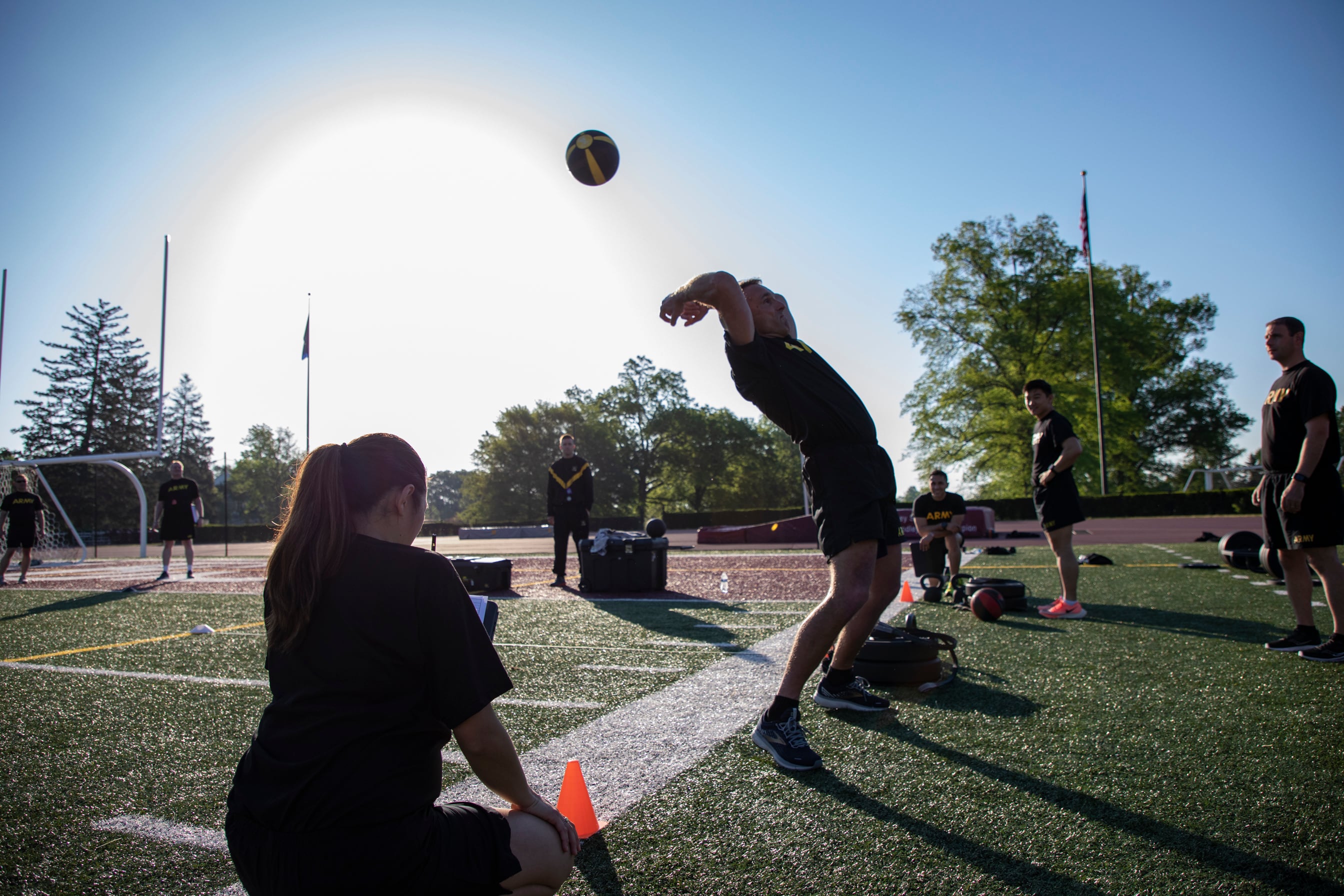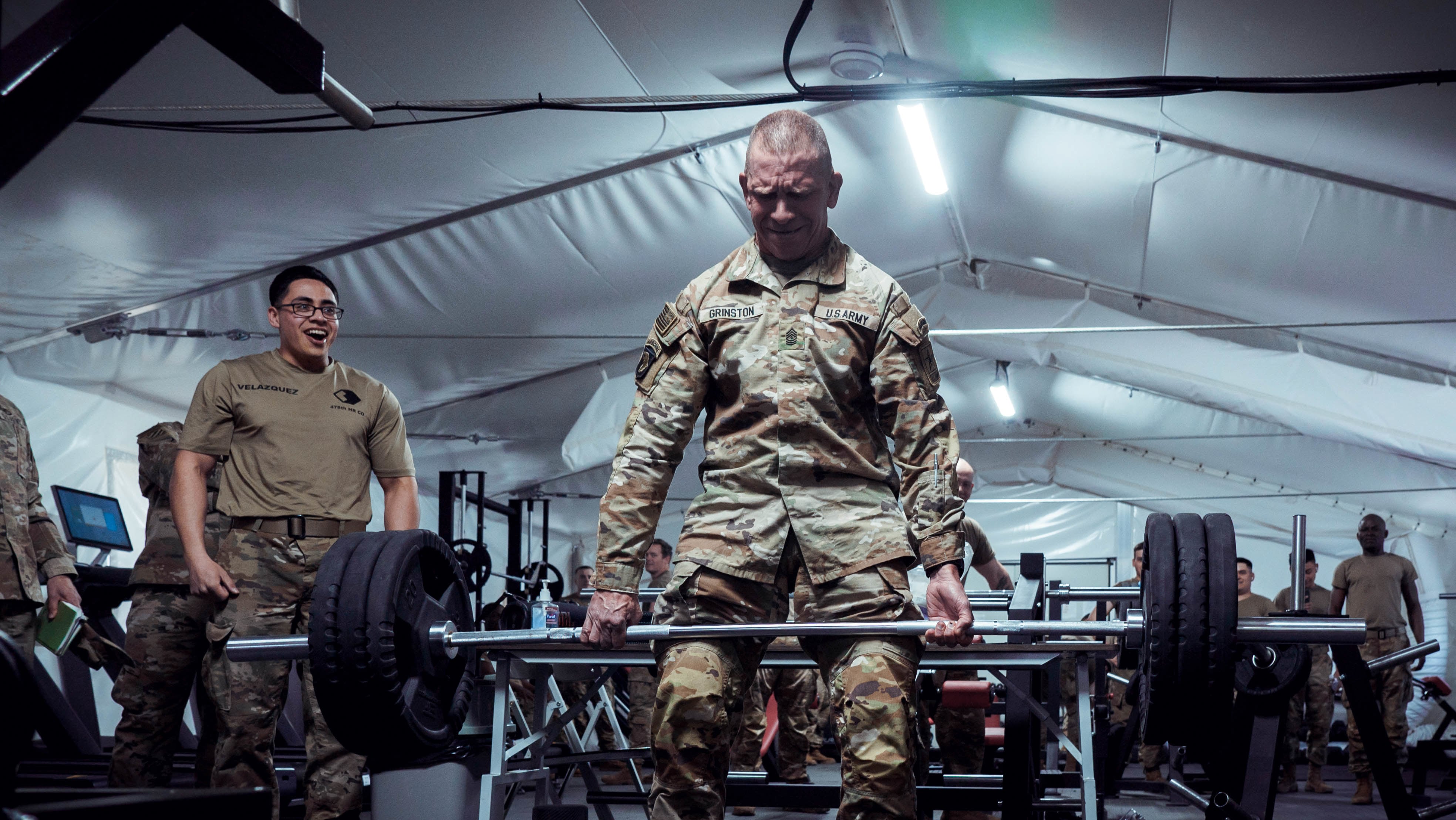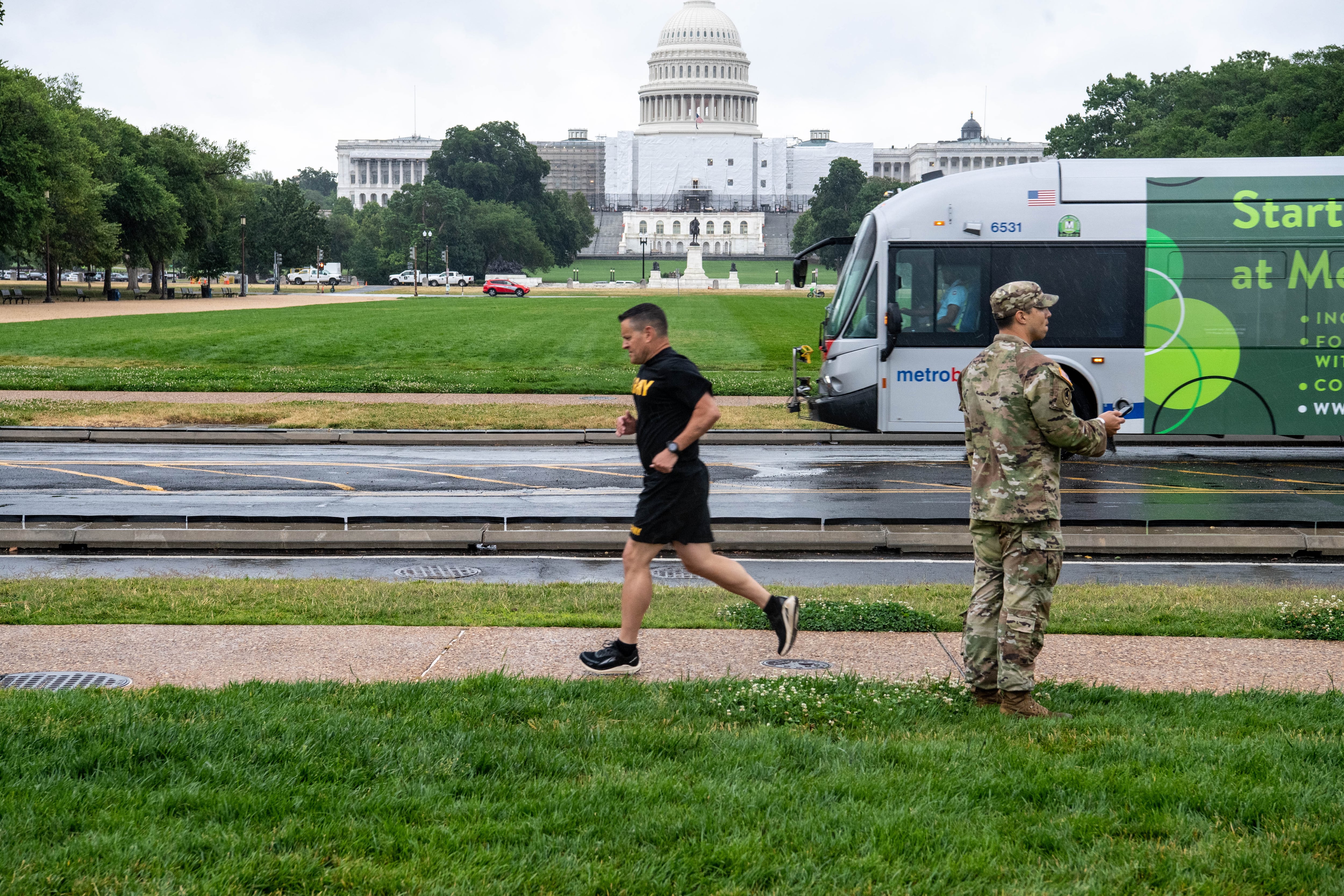What’s old could soon be new once more.
The Senate Armed Services Committee passed the chamber’s fiscal 2024 defense policy bill Friday, which according to an official summary, “restores the Army’s Physical Fitness Test (APFT) as the test of record.” Although the bill has a long road ahead before it becomes law, the move signals powerful lawmakers’ frustration with the Army Combat Fitness Test.
The combat fitness test, after a years-long pilot and implementation period, became the official test for active duty soldiers on Oct. 1, 2022.
RELATED

But should the Senate committee’s proposal eventually receive President Joe Biden’s signature, which would first require full Senate approval and then agreement from the House of Representatives to include it in the joint version of the bill, the Army couldn’t implement a new test without a three-year pilot and waiting period that includes mandatory briefings to Congress.
The House’s version of the fiscal 2024 policy bill, which is yet to pass the chamber’s Armed Services Committee, currently would task the Army with creating “sex-neutral physical fitness standards” for combat jobs on the test, but stops short of killing it entirely.
The Army’s top NCO, Sergeant Major of the Army Michael Grinston, spoke to reporters Monday morning in the wake of Congress’ move. While he declined to speak in direct response to the bill, Grinston was blunt about the impact reverting to the old fitness test would have on the force.

Grinston argued the combat fitness test is vastly superior to the old one, which only consisted of two minutes of push-ups, two minutes of sit-ups and a two-mile run.
“The [old] APFT measures two components of fitness,” muscular endurance and cardio fitness, Grinston explained. But the new combat test “covers 10,” including muscular strength, power, speed, agility and more.
The new combat fitness test also plays a central role in the service’s broader efforts to implement its “Holistic Health and Fitness” program, known as H2F. Rather than simply counting pushups as it once did, the Army wants to transform how units collectively approach fitness, sleep, nutrition, mental readiness and spiritual readiness.
H2F, which provides units with additional resources and facilities, is predicated on the service implementing physical fitness standards — like the combat fitness test — that enforce a comprehensive vision of what it means to be fit, service officials have argued. It’s not clear how much of the Army’s investment in H2F would be lost if lawmakers were to roll back the combat fitness test, but the service spent around $78 million on equipment for the test, according to information on its website.
“Although physical fitness is only one small part of [H2F], we’ve worked a lot to make sure that we are training differently than [how] we were in the past,” Grinston said. Early results indicate that units with H2F teams are experiencing lower rates of substance abuse and suicide in addition to its fitness benefits, he reiterated.
And should Congress move forward with eliminating the combat fitness test, the administrative consequences would be greatly disruptive, Grinston noted. The Army ties its fitness tests to performance evaluations, and performance factors into the promotion points formula the service uses for its semi-centralized junior NCO promotions.
“It would just kinda take us into chaos,” Grinston said of a potential elimination of the combat test. “We already changed all of our [regulations]…so it would be completely confusing.”
Ultimately, though, the service’s top NCO — who will retire in August — said maintaining the combat fitness test is about more than just reducing administrative burden. It’s about getting the Army “ready for the fight that we’re going to have in the future.”
“We need to move forward, not backwards,” Grinston said. “This is what’s good for the Army.”
Davis Winkie covers the Army for Military Times. He studied history at Vanderbilt and UNC-Chapel Hill, and served five years in the Army Guard. His investigations earned the Society of Professional Journalists' 2023 Sunshine Award and consecutive Military Reporters and Editors honors, among others. Davis was also a 2022 Livingston Awards finalist.




